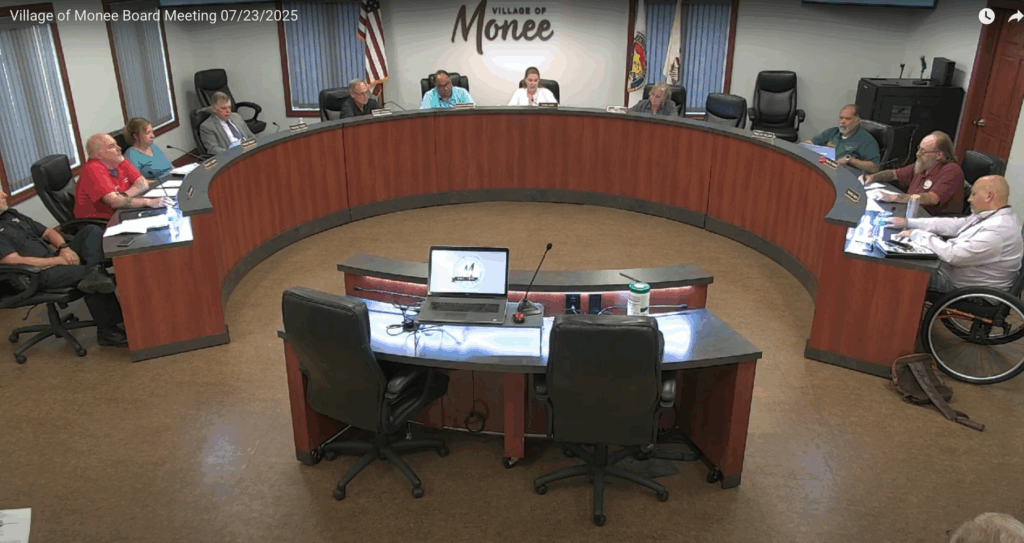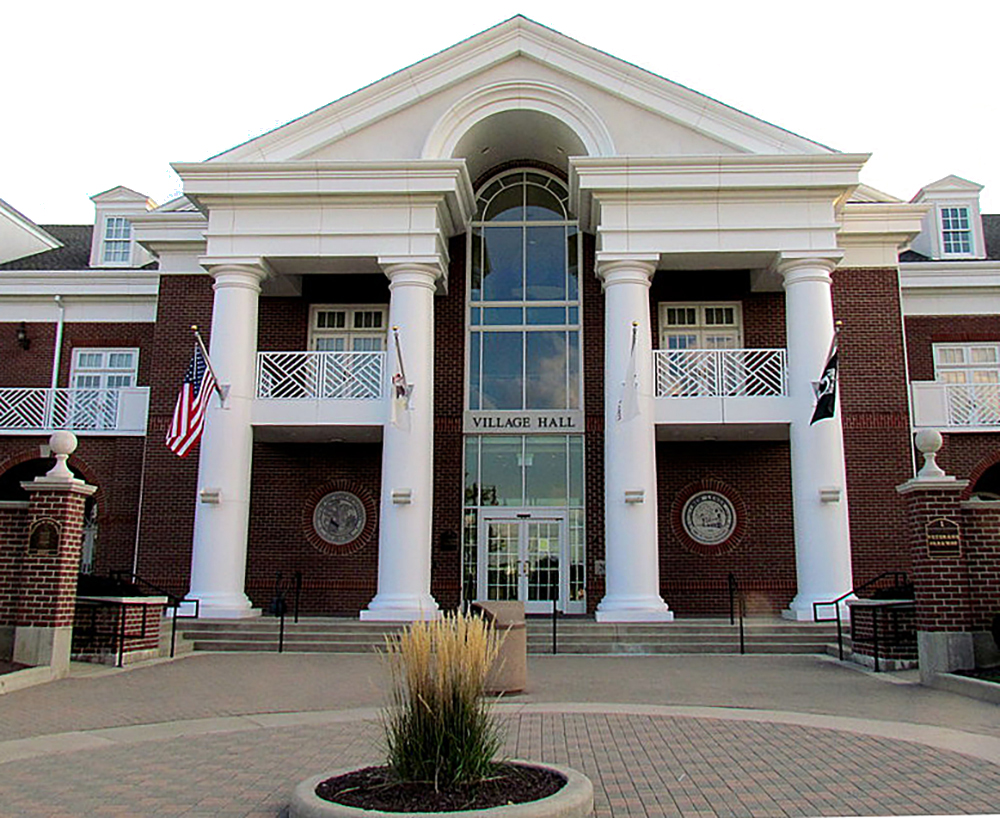
Trump rolls back tariffs on over 200 foods in sharp reversal
Responding to Americans’ frustrations over high grocery prices, President Donald Trump issued an executive order Friday exempting more than 200 food products from tariffs.
“Certain qualifying agricultural products will no longer be subject to those tariffs, such as certain food not grown in the United States,” according to the White House.
The executive order includes coffee, beef and bananas. Prices for all three have increased significantly, at least in part due to Trump’s tariffs, which the exemptions are intended to address. The exemptions retroactively took effect at midnight Thursday.
The exemptions aim to address voter concerns about high prices. Trump promised in his 2024 campaign to lower grocery prices and other costs on his first day. Exit polls confirm voter frustration with ongoing high prices.
The White House said Trump’s progress on trade deals worldwide made it possible.
“Given the substantial progress in reciprocal trade negotiations – including the conclusion of 9 framework deals, 2 final agreements on reciprocal trade, and 2 investment agreements – current domestic demand for certain products, and current domestic capacity to produce certain products, among other things, President Trump has now determined that it is necessary and appropriate to further modify the scope of the reciprocal tariffs,” it noted.
White House spokesman Kush Desai said the groundwork for the reductions was laid back in September and additional exemptions are not expected.
“The Trump administration is committed to pursuing a nimble, nuanced, and multi-faceted strategy on trade and tariffs,” he said. “President Trump’s tariffs are levelling the playing field for American workers and securing trillions in investments to make and hire in America, and Americans can rest assured that our America First trade strategy will continue to help restore American Greatness.”
Trump upended global trade earlier this year by imposing a 10% base tariffs on imports from every country, plus additional specific nation-specific rates.
Some industry groups praised the decision, including FMI–The Food Industry Association,
“Today’s action should help consumers, whose morning cup of coffee will hopefully become more affordable, as well as U.S. manufacturers, which utilize many of these products in their supply chains and production lines,” FMI President and CEO Leslie Sarasin said in a statement. “FMI wholeheartedly applauds President Trump’s efforts to provide swift tariff relief on certain food products to help ensure they remain as affordable as possible and accessible for American consumers.”
She noted that tariffs, along with other factors, have contributed to increased prices.
“Tariffs are an important factor in this complex mix of supply chain effects,” she said. “President Trump’s proclamation to reduce tariffs on a substantial volume of food imports is a critical step ensuring continued adequate supply at prices consumers can afford.”
House Ways and Means Committee Ranking Member Richard Neal, D-Mass., said the move was overdue.
“The Trump Administration is finally admitting publicly what we’ve all known from the start: Trump’s Trade War is hiking costs on people,” he said in a statement. “Putting out a fire that they started and claiming it as progress … is not the victory the Administration is sure to claim it to be.”
Distilled Spirits Council President and CEO Chris Swonger said Trump’s decision not to include spirits in the exemptions will cost the U.S. money and jobs.
“Not including EU and UK spirits on the list of tariff modifications is yet another blow to the U.S. hospitality industry just as the critical holiday season kicks into high gear. EU and UK spirits, including Scotch, Cognac, and Irish Whiskey, are value-added agricultural products that cannot be produced in the United States,” he said.
He said the council’s analysis found a 15% tariff on EU spirits alone could result in $1 billion in lost U.S. sales and the loss of 12,000 U.S. jobs.
Trump’s orders followed the announcement of a deal to reduce tariffs on Swiss goods from 39% to 15% as part of a new trade framework agreement. Other framework trade deals announced on Thursday that will eliminate tariffs on certain foods and other items imported from Argentina, Ecuador, Guatemala and El Salvador, once deals are finalized.
A legal challenge to Trump’s authority to impose tariffs without Congressional approval remains pending before the Supreme Court. Justices appeared skeptical of the broad tariff authority Trump claimed during oral arguments in the case on Nov. 5.
For months, the White House has insisted that foreign nations would bear the costs of the tariffs, which are taxes on imports. However, more recent data suggests Americans are paying at least some of the costs.
A study from Duke’s Department of Economics found that, during a 2019–21 trade dispute, U.S. consumers paid prices for European wines that were higher than the tariff amount. This means consumers absorbed costs beyond what the federal government collected in tariff revenue.
A recent Goldman Sachs report found that U.S. consumers will pay 55% of the costs resulting from Trump’s tariffs, U.S. businesses will pay 22%, and foreign exporters will pay 18%. The report clarifies that most tariffs will be passed on to American consumers as businesses adjust prices in the coming months.
Exit polls from recent elections showed voters were focused on grocery prices. While gas prices have fallen since Trump took office, coffee prices are up 18.9% and ground beef has risen 12.9%. Democrats won most key races, frustrating Republicans ahead of the 2026 midterms.
Latest News Stories

WATCH: Illinois In Focus Daily | Thursday Aug. 7th, 2025

Indiana Woman Identified as Victim in Fatal Wilmington-Peotone Road Crash

Multiple Agencies Rescue Person in Mental Health Crisis from Frankfort Pond

Green Garden Township Forges Ahead with New Town Hall Plan, Faces Budget and Neighbor Concerns

IT Consultant Urges Green Garden Township to Adopt Modern Cybersecurity Measures

Sanchez Family Unveils Major Redevelopment Plan for Monee Industrial Property

Monee Approves Over $566,000 Payment for New Public Works Facility Nearing Completion

Sheepdog Firearms Gets Green Light for Special Use Permit in Monee

New Lenox Prepares for Grand Opening of Wintrust Crossroads Sports Complex

New Lenox D122 Board Approves Tentative Budget, Sets September Public Hearing

New Lenox Township Food Pantry Reports Record Demand in May

New Lenox to Dedicate Street Honoring Pope Leo XIV, Citing Deep Local Ties

D122 Renews Insurance Policies for Nearly $490,000

New Lenox Township Addresses Cemetery Needs, Appoints New Liaison
